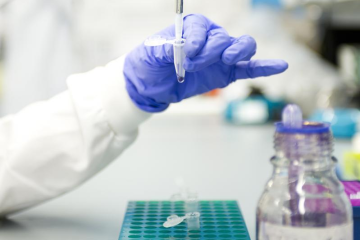Project grant
An iPSC based xeno-free platform to assess the foreign body response against new biomaterials

At a glance
In progress
Award date
January 2024 - December 2026
Grant amount
£569,616
Principal investigator
Professor Amir Ghaemmaghami
Co-investigator(s)
Institute
University of Nottingham
R
- Replacement
